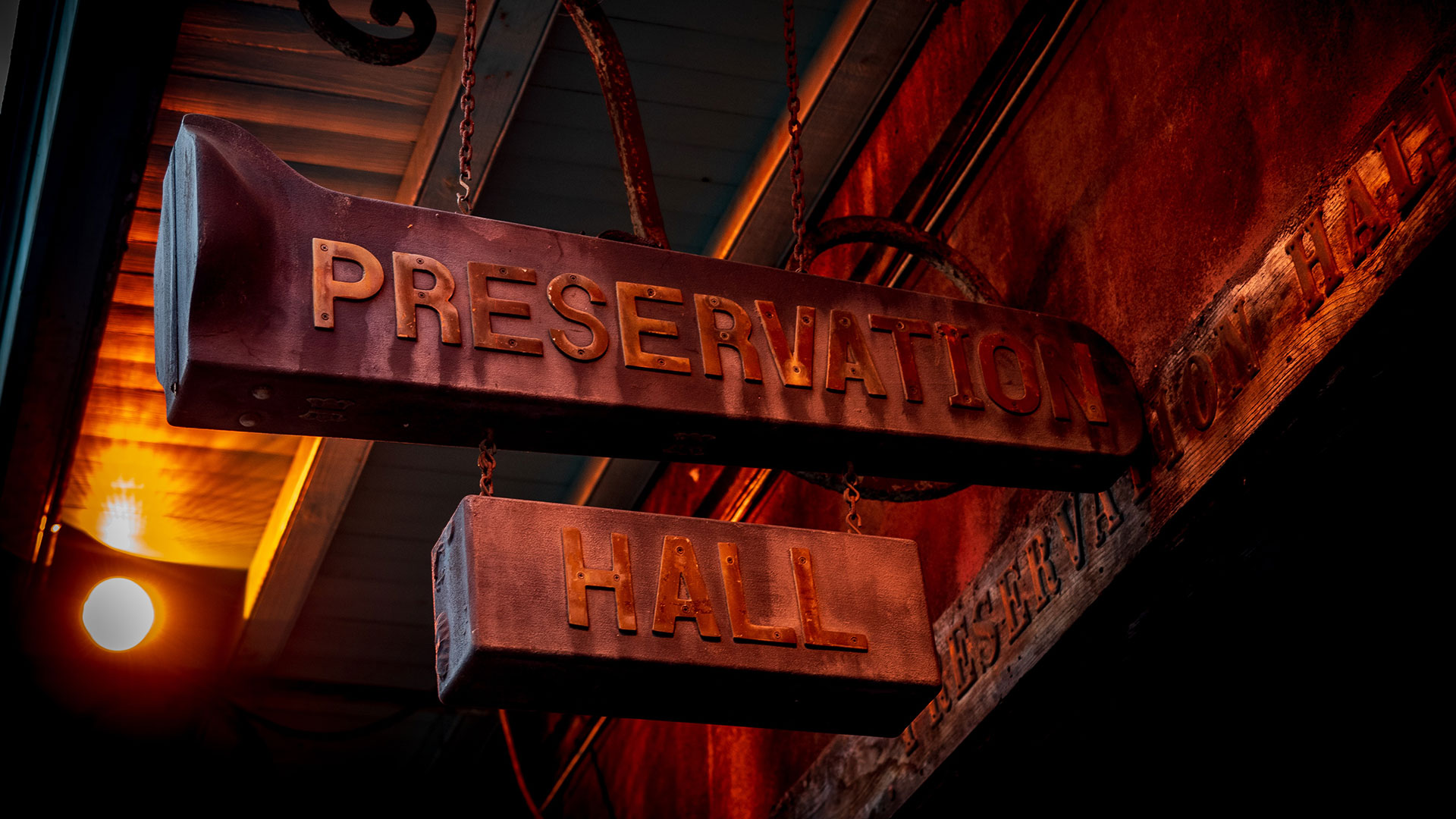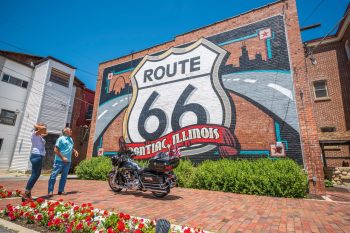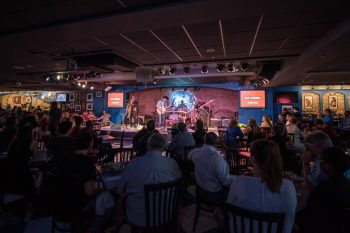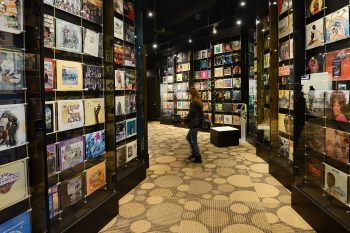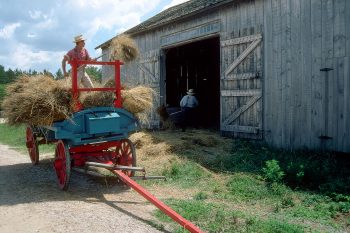Jazz was born in New Orleans. Congo Square, to be precise. This public square was one of the only places in America where slaves were allowed to gather and play drums. They did so on “free Sundays,” where the sharing of African rhythms and dance kept their ancestral tradition alive until, as it happened, it would become the very rhythm of American popular culture.
Jazz is the music that erupted when African (and Afro-Caribbean) and European traditions converged in America, and nowhere was that mix more potent than in New Orleans. By the start of the 19th century, the sounds of opera, brassy military parades, church music and street performances could all be heard in the city. And since music was part of every aspect of social life in New Orleans—including Carnival, debutante balls, vaudeville, Storyville parlors, and even funerals—the port city proved fertile ground for the evolution of this young art form.
The jazz icons
Naturally, many of the earliest names in jazz hailed from Louisiana, including Buddy Bolden, Jelly Roll Morton and King Oliver. One of jazz’s most original performers, New Orleans’ own Louis “Satchmo” Armstrong, was as much an ambassador for the music as he was for his hometown. And many others have carried the torch both within Louisiana and around the world, including Kid Ory, Earl Palmer, Louis Prima, Al Hirt, Nellie Lutcher, Sidney Bechet, Pete Fountain, The Marsalis family (Branford, Ellis and Wynton), Harold Battiste and Edward “Kidd” Jordan.
The newest generation of jazz musicians continue to honor the tradition while bringing in their own unique sounds. Catch contemporary performers such as Trombone Shorty, Irvin Mayfield, Kermit Ruffins, Aurora Nealand, and brass bands like Dirty Dozen, Dukes of Dixieland and Rebirth Brass Band performing regularly throughout New Orleans.
Discover more of Louisiana’s jazz musicians.
Hear it here
There’s no better place to hear jazz than in the city that first gave rise to it. Take in traditional New Orleans jazz at places like Preservation Hall in the French Quarter. Don’t miss the music on Frenchmen Street! And celebrate jazz in all its forms at the New Orleans Jazz and Heritage Festival, every late April/early May.
- Preservation Hall: Many regard Preservation Hall as the spot in Louisiana (if not the world) to hear jazz music. It’s a no-frills venue in New Orleans’ French Quarter that has changed little over the decades, featuring the most authentic traditional jazz you’ll find anywhere.
- Little Gem Saloon: Another New Orleans icon, the Little Gem Saloon first opened its doors in 1903 and has been serving up traditional jazz for more than a century since. Concerts are held most nights of the week.
- Bacchanal: Venture a little off the beaten path in New Orleans to find Bacchanal, a wine bar situated in the Bywater neighborhood. Its outdoor dining (and wining) area also features a stage where jazz musicians perform nightly. Get there early, as it’s very popular most evenings.
- Snug Harbor Jazz Bistro, Three Muses and The Spotted Cat Music Club: New Orleans’ Frenchmen Street is packed with music venues. Three of the most famous are located within a couple blocks of each other. Get a detailed guide to the music found on Frenchmen Street.
- Dew Drop Jazz & Social Hall: This Mandeville music venue has deep history, dating back to 1885. Some of the biggest names in early jazz would cross Lake Pontchartrain from New Orleans to play here, and the building has changed little in the years since. The venue is open only for special events, so check the Dew Drop’s concert calendar for the latest info.
